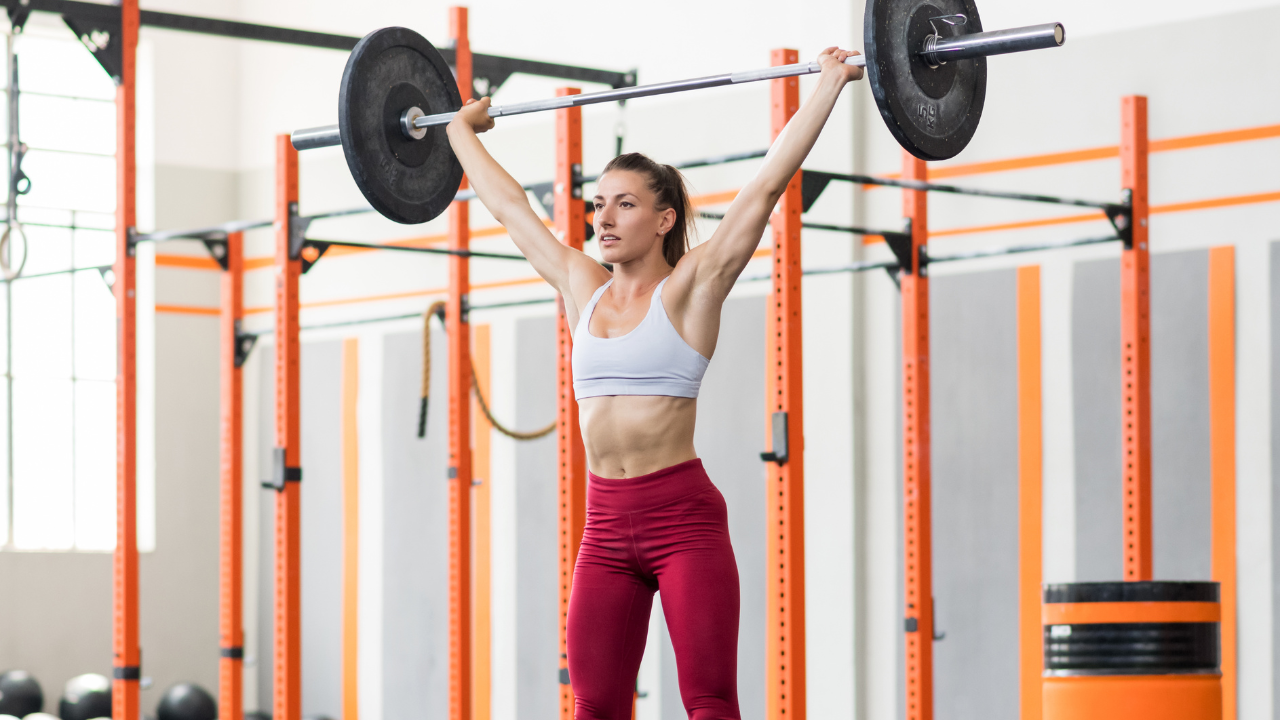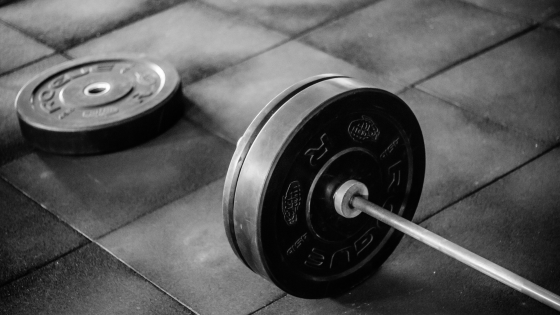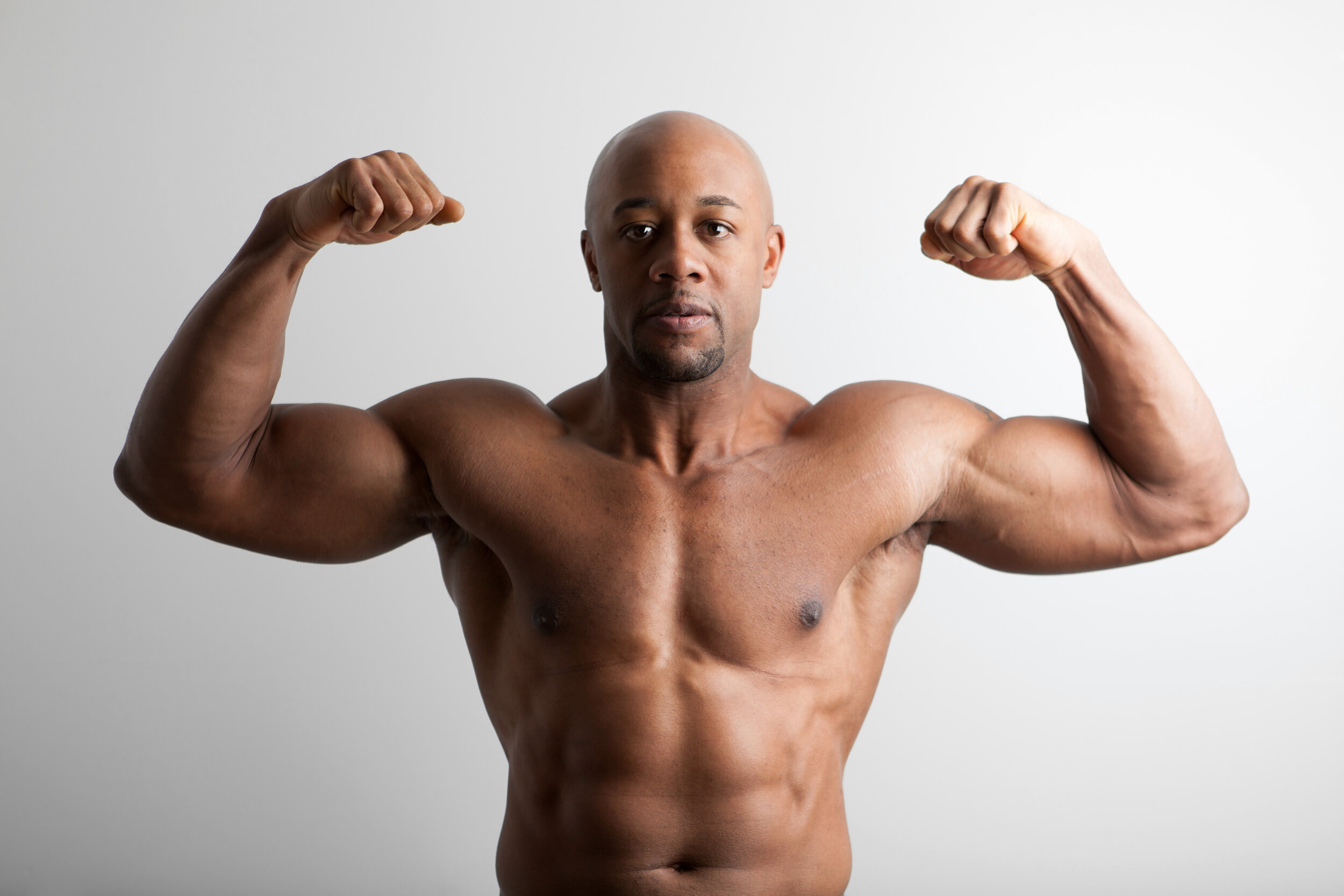

Troubleshooting Your Squat
There can be many reasons why you’re not feeling satisified with your squat including issues with range of motion, pushing up from the “hole” (the lowest point of your squat), wrist or neck pain, and ankle and knee stability. If you’re feeling stuck doing the same kind of squat, it can help to switch things up. Try a different bar position, different footwear, a different type of squat, or a different weight to see if it helps resolve your problems.

You Probably Care Too Much About Exercise Form
“Proper” form is not the end-all be-all when it comes to injury prevention nor being able to lift more weight. There are many high level strength athletes who have unique forms when lifting and are healthy and injury free.

Underused Movements - The Viper Press/Muscle Snatch
The viper press/muscle snatch are similar exercises that strengthen and build muslce in key parts of the body like the shoulders, back, and traps. Although not suitable for beginners or casual exercisers, the viper press/muscle snatch can be very beneficial for strength athletes like powerlifters, olympic weightlifters, and CrossFitters.

Simplicity Is King, and Muscle Confusion Is Garbage
In general, you’ll get better results from following a simpler routine more consistently, rather than constantly varying and changing your routine. Fad workout routines based around “muscle confusion” can work, but will generally provide you inferior results to simpler and more consistent routines. Serious lifting athletes rely on ideal the routines and strategies which have been developed over the years, and focus on practicing a small number of movements repeatedly, rather than constantly varying movements.

When Do We Physically Peak? (Peaking Part 2)
Olympic weightlifting is the main professional lifting competition, but Olympic athletes cannot be used to assess averages for lifters. The people who make it to the Olympics have genetic and social advantages that make them the best in the world.
The margin of winning at these high levels is so small that even the most dedicated and talented athletes may never make it to the Olympic Games and could quit trying to compete well before their physical peak.
Research in masters lifting has shown that most lifters were physically peaking between ages 30-35, and although their abilities do start decreasing, it’s at a much smaller and slower rate than people tend to expect.
Career peaking is a social construct and should not be used as the only way to measure expected performance and growth.
